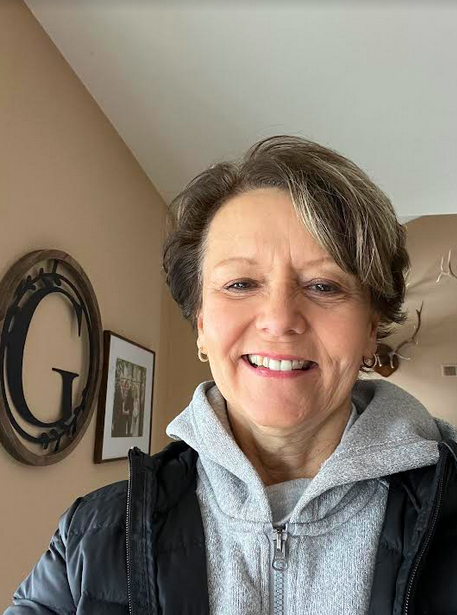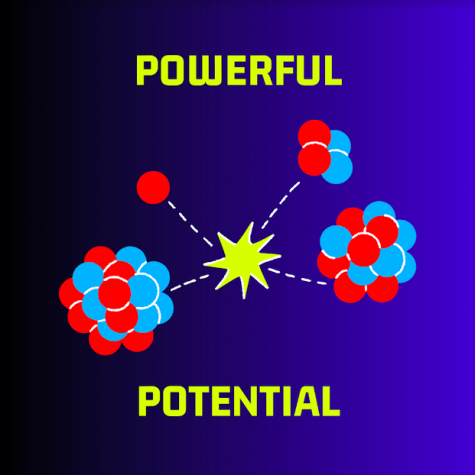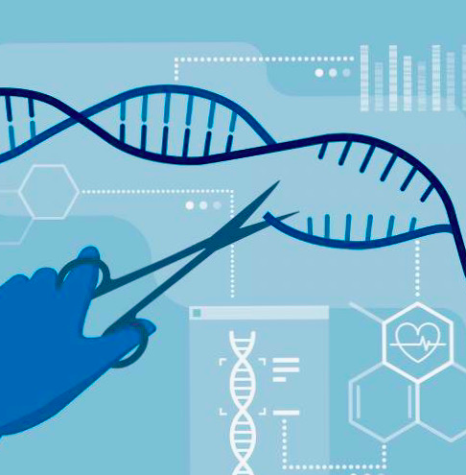Alum Theresa Gabalis on the importance of ASD social groups
When Theresa Gabalis’ son Scott was diagnosed with Autism spectrum disorder (ASD) in 1999, she longed for a community of individuals who would understand and accept him.
After discovering the Macomb St. Clair Chapter of the Autism Society of America, Gabalis, an Oakland University alumna, developed relationships with families that would last a lifetime despite the group’s untimely disbanding.
In 2019, Gabalis aided in the creation of Macomb Autism Connect. The group allows the former Autism Society of America members to meet and maintain the relationships they have created over the years, while also welcoming new members affected by ASD.
Gabalis discusses her relationship with Macomb Autism Connect and the group’s importance below.
How do you evaluate Macomb Autism Connect’s effectiveness?
We’ve had individual families come up to us after [events saying], “this is the first time we were able to take our son to the [movies], this is the first time we came to something like this.”
Even people that have been to our events for years have come up to us [and say], “thank you so much for doing this, we have such a good time.”
What are some limitations you encounter as one of the founding members of Macomb Autism Connect?
We don’t fundraise a whole lot. We’ve been having to charge families something toward our events, when before we really didn’t have to charge a whole lot of money.
You have to make it reasonable enough so that they can attend because sometimes they have a lot of kids or they have several kids.
What would it take for Macomb Autism Connect to overcome those limitations?
We don’t really provide resources, we’re providing social events so we’re just more honest with people. When we do see them and they’re wondering why things went up from $5 a family to $8 a family, we say, “we have to cover some of our costs.”
Somebody [donated] a dessert table for our St. Patrick’s Day party because they [wanted to]. That saves us a couple hundred dollars. So if you ask, people are very generous, but they have to know that you have the need.
I think the thing is to just be more honest with people that we don’t have the funding we used to have and if you can help, or you can donate, usually people jump in and they’re very generous.
What do you want people to know about yourself and other caregivers in the community?
I wouldn’t change a thing. [Scott’s] a great kid. I can name these kids [from Macomb Autism Connect] like boom, boom, boom. I’ve known them since they were two-three years old. I wouldn’t change any of them, and I think that it’s changed me as a mother.
[Scott’s] my boy, he’s my young man. He’s brought so much to our family and the people that meet him. He’s changed.
These young parents who have kids that aren’t speaking and they’re not doing anything, I go, “give them time, because I was in the same boat. You never know where they’re gonna go.”











